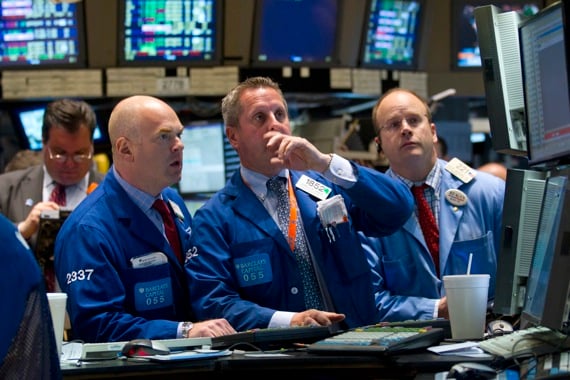Money overseen by U.S. investment managers who buy exchange-traded funds instead of individual stocks and bonds rose by 43 percent in the last year, even faster than the growth for ETFs, according to a report from Morningstar Inc.
The 370 ETF-based investment strategies tracked by Morningstar grew to $27 billion in the year ended Sept. 30, the Chicago-based research firm said today. That outpaced the 7.5 percent increase for ETFs and 0.8 percent decline for mutual funds, the company said.
The products, typically unregistered pools of money sold like funds by small-sized asset managers or investment advisers, reflect a growing preference among investors to pay for managers to allocate holdings across asset classes and investment styles, while avoiding active mutual funds and their fees.
“Investment advisers especially are moving to fee-based asset-allocation strategies,” Andrew Gogerty, a Morningstar analyst, said in an interview. Gogerty estimated total assets for the category at as much as $100 billion.
Gogerty said products least constrained by where and what kinds of assets they can purchase grew fastest.
RELATED ITEM American Funds rocked by shift toward passive investments »
The report is the first based on a database constructed in the past two years by Morningstar, which has rated mutual funds for more than 20 years. It tracks only strategies with at least 50 percent of assets invested in ETFs and relies on data provided voluntarily by the managers on a quarterly basis.
The largest provider tracked by Morningstar was Boston-based Windhaven, a unit of San Francisco's
Charles Schwab Corp. (SCHW), which grew 70 percent to $7.08 billion.
Most firms oversee less than $1 billion. They typically pool money into their strategies from separately managed accounts held by high-end clients or financial advisers, who may combine money from smaller clients.
ETFs, which trade throughout the day on an exchange like stocks, typically hold a basket of equities or bonds designed to track the returns of an index.
--Bloomberg News--







